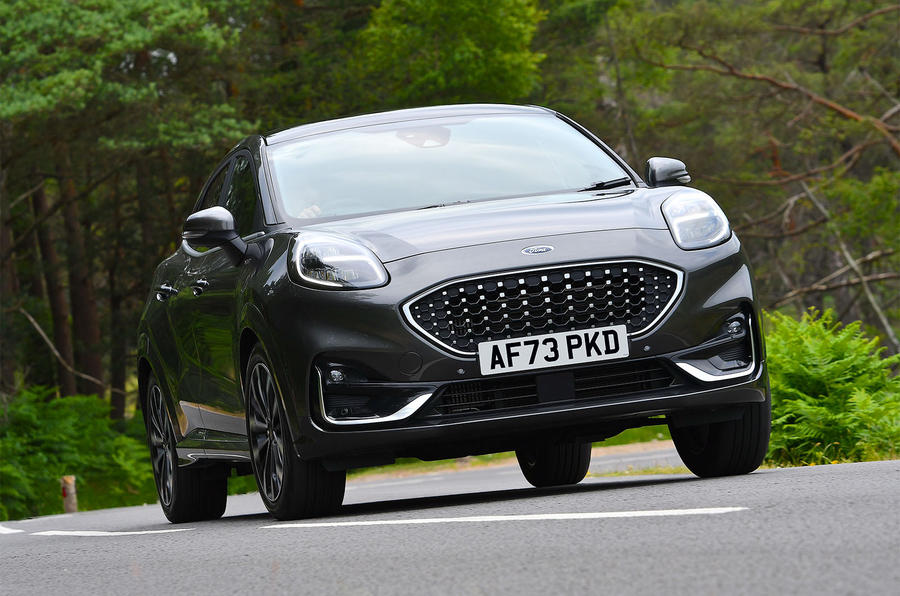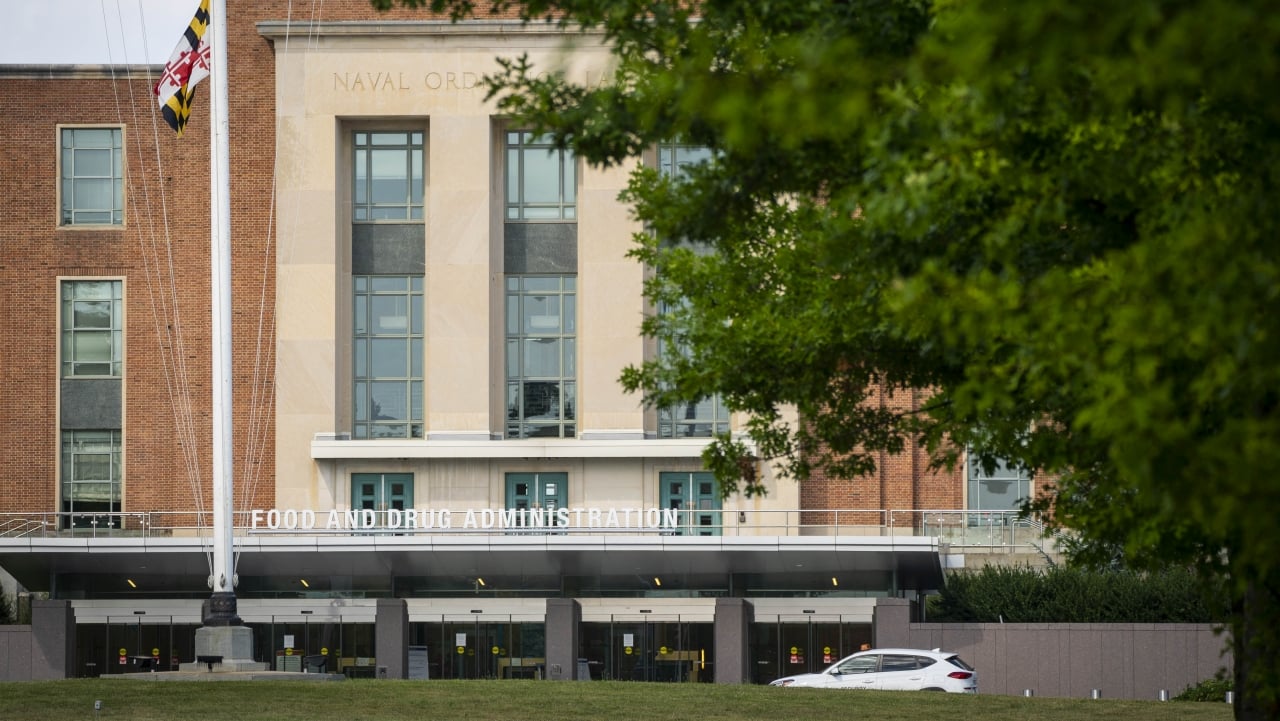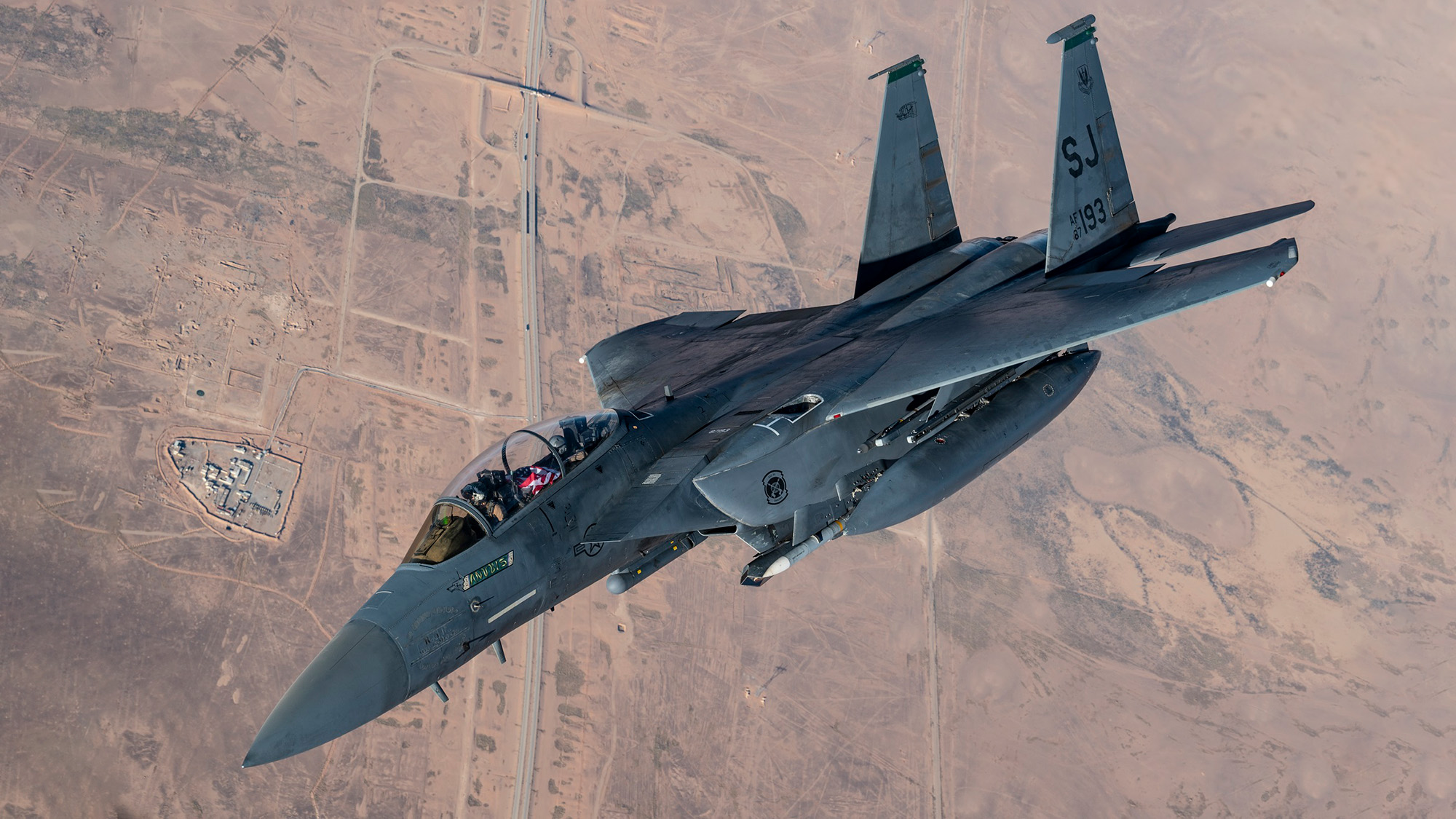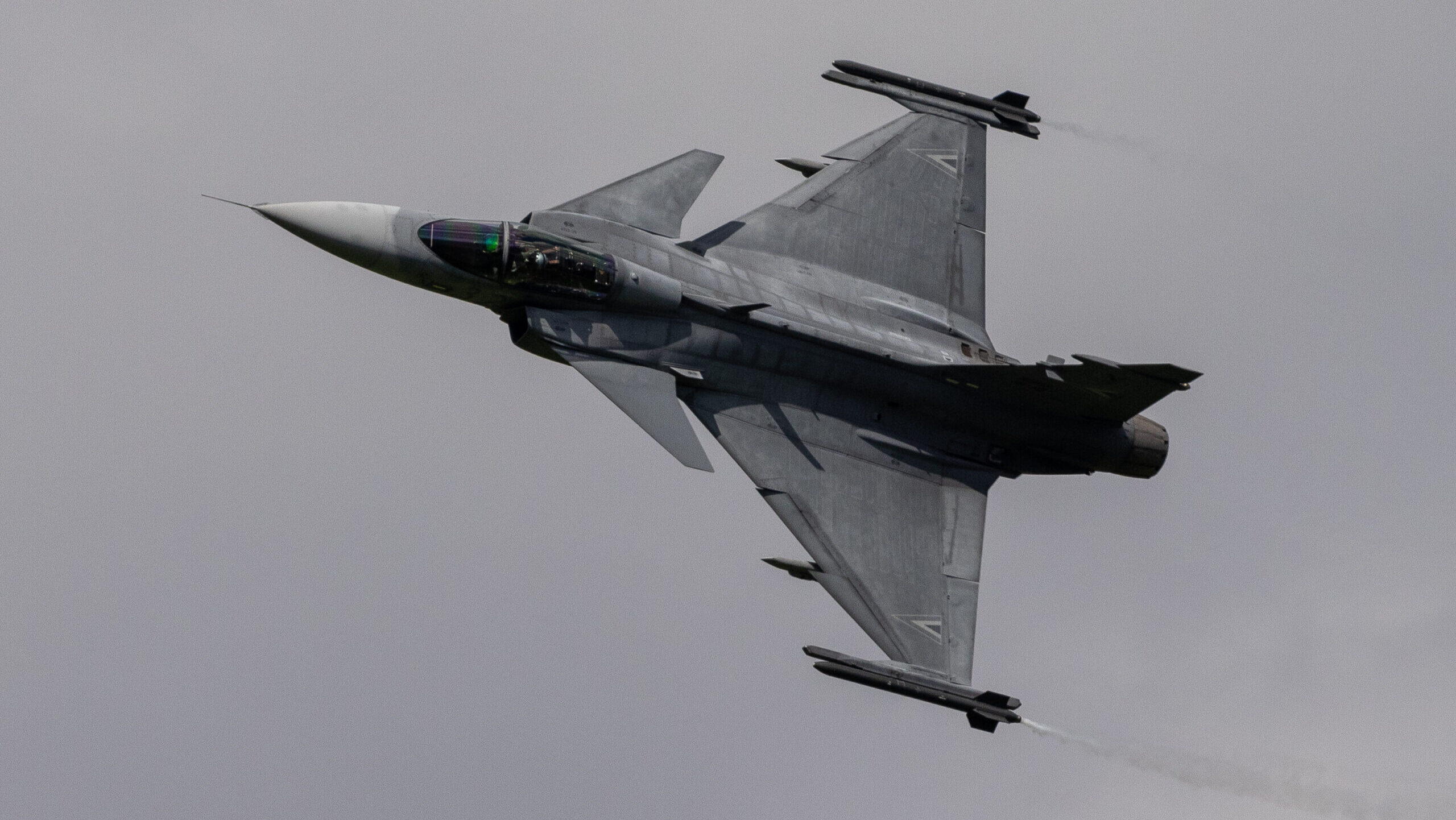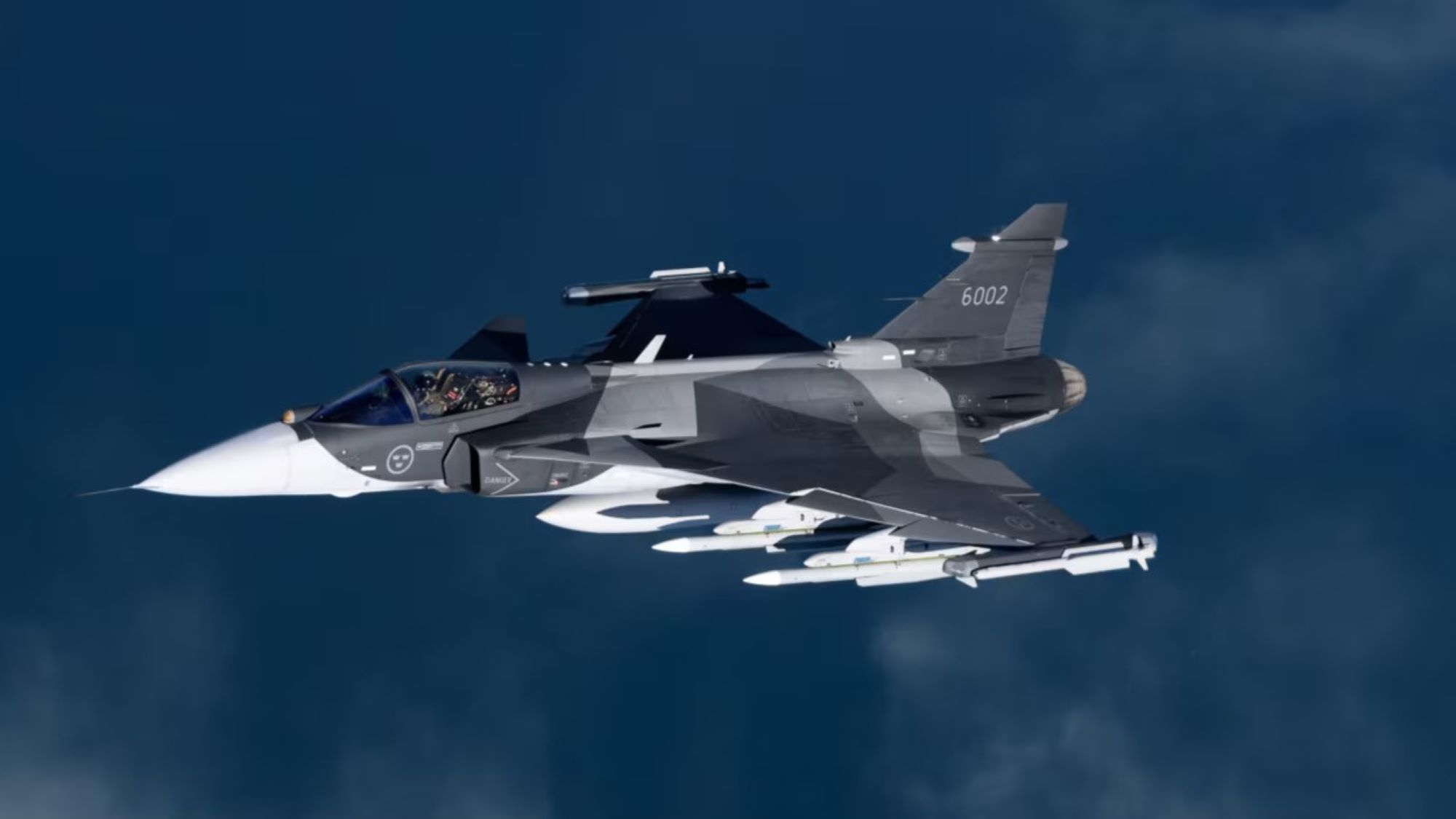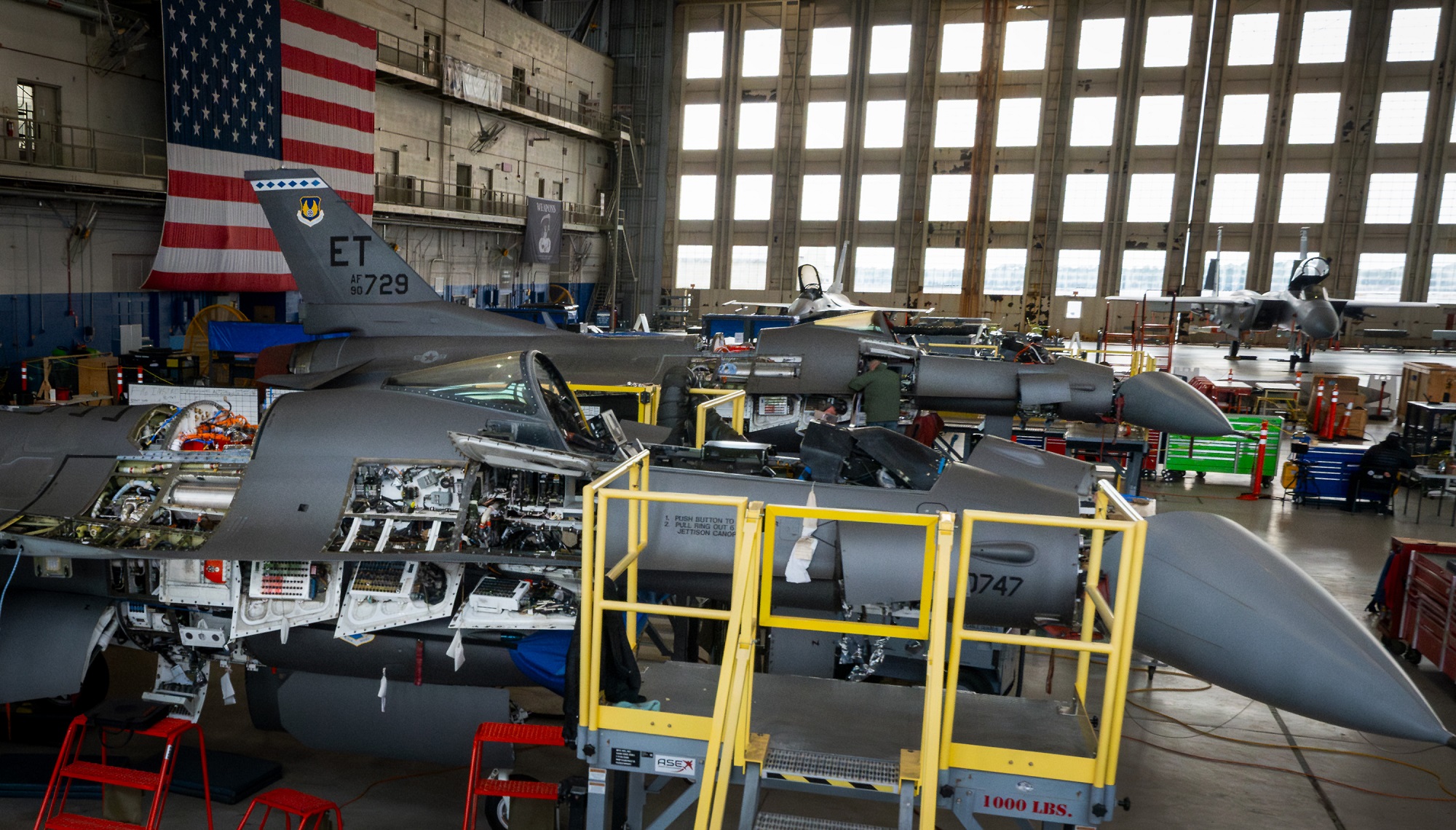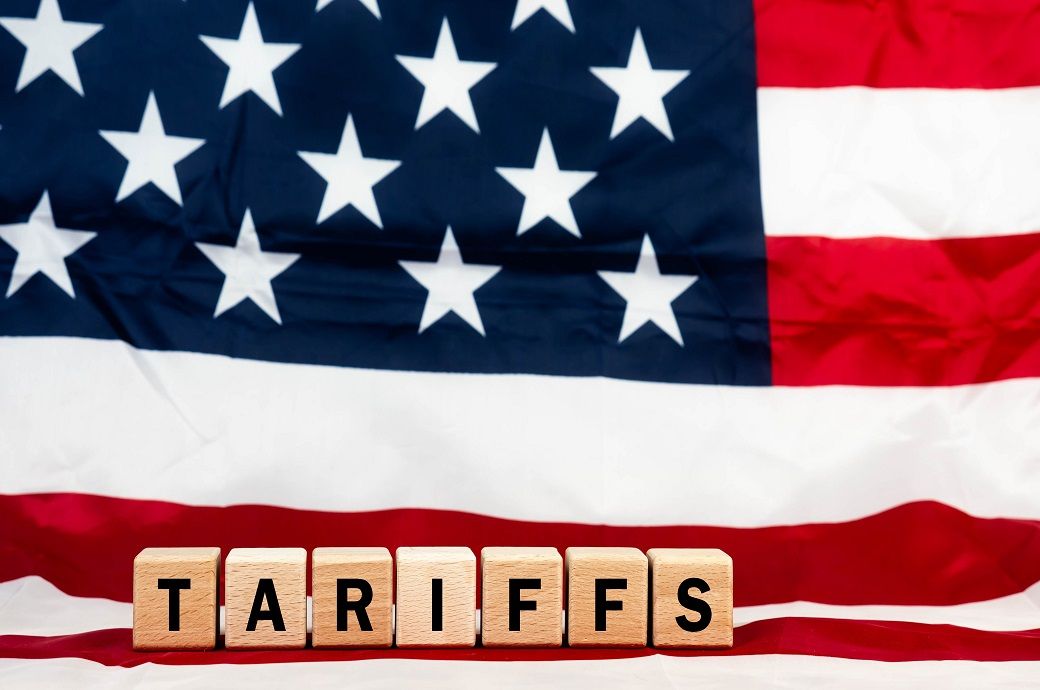A non-American as Supreme Allied Commander of NATO? That’d be ‘problematic,’ Cavoli says
“It would put us in a position where, in an Article 5 situation, we could have for the first time since the First World War, large numbers of American troops under non US command,” current SACEUR Gen. Christopher Cavoli told lawmakers.
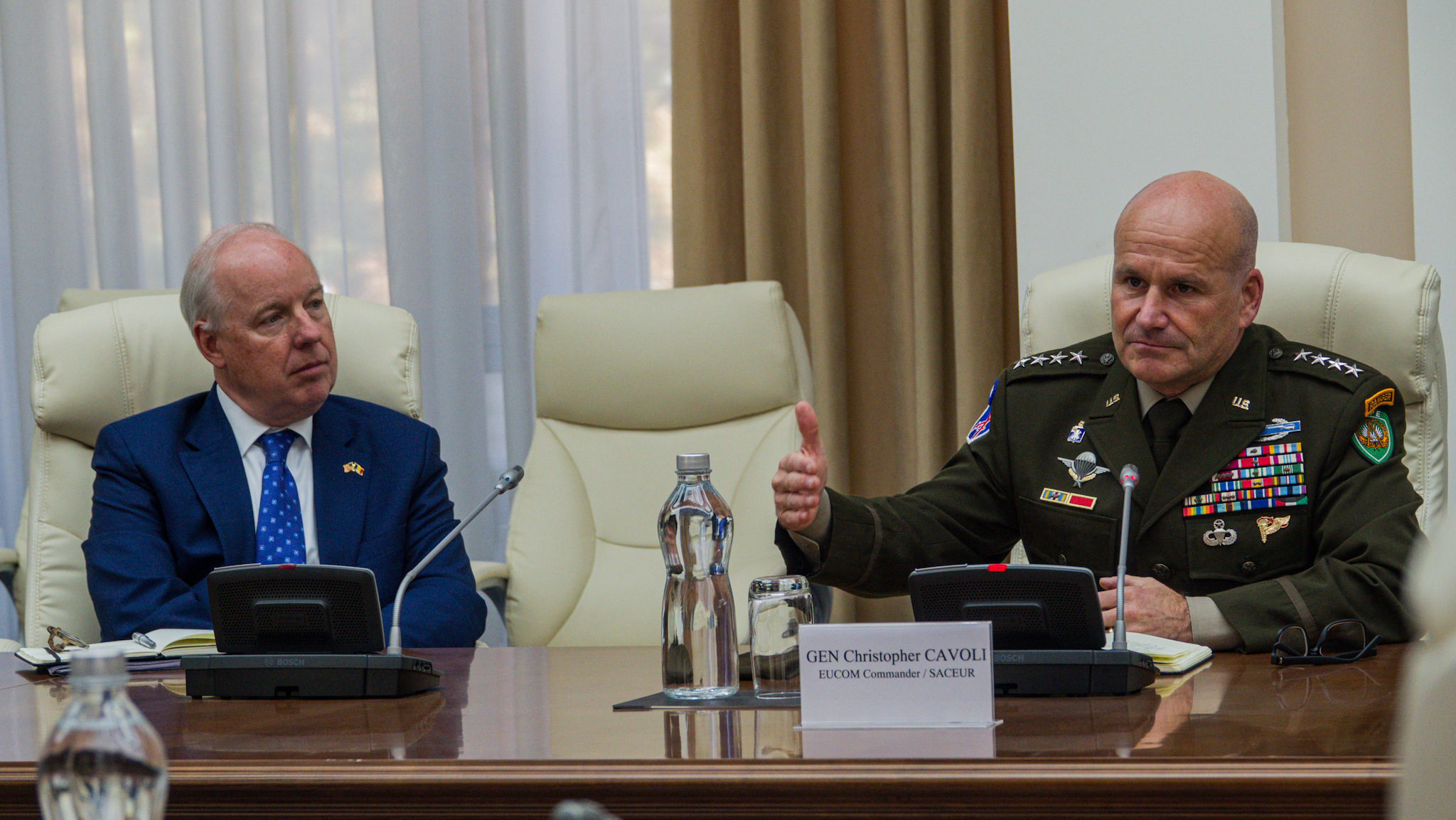

U.S. Army Gen. Christopher G. Cavoli, the Supreme Allied Commander Europe and commander of U.S. European Command, and U.S. Ambassador to Moldova Kent D. Logsdon discuss mutual security priorities and strengthening the U.S.-Moldovan partnership with Moldovan Prime Minister Dorin Recean in Chisinau, Moldova, Sept. 2, 2023. (U.S. Army photo by Sgt. Aaron Daugherty)
WASHINGTON — It would be “problematic” for the US to abandon its tradition of insisting an American serve as NATO’s commanding general, the officer currently in the position of Supreme Allied Commander (SACEUR) warned lawmakers today.
“I think that would bring some challenges in terms of nuclear command and control,” Gen. Christopher Cavoli, who is dual-hatted as SACEUR and head of the US military’s European Command, said in front of the Senate Armed Services Committee. “It would put us in a position where, in an Article 5 [mutual defense] situation, we could have for the first time since the First World War, large numbers of American troops under non-US command. So I think those are things that would have to be considered carefully.”
As part of a larger restructuring of the US military’s combatant commands, the Defense Department is considering relinquishing the role atop the NATO chain of command, which has always been held by an American four-star, historically by the head of US European Command, since the alliance’s founding, NBC reported last month. A Pentagon spokesperson did not immediately respond to Breaking Defense’s request for comment on the status of those deliberations.
Cavoli told lawmakers that his intention was to lay out the potential advantages or disadvantages of the change, noting it would be up to the Trump administration to make the final policy decision on whether to relinquish the SACEUR role. But, he said, “from a military perspective [it’s] problematic.”
The United States maintains a number of nuclear weapons for use by NATO that — upon agreement by the United States and its NATO allies — could be employed by SACEUR during a conflict and delivered by a variety of NATO nations. Currently, there is no middleman involved in that process. If instructed, Cavoli would simply pass the weapons under his command as the head of EUCOM to himself to use as SACEUR, he explained.
If SACEUR was not an American officer, “we would have to find some other way to do that and it would certainly not be as integrated with the rest of SACEUR’s operations as it is now,” he said.
He added that there are also training and integration benefits, as a American SACEUR can rehearse operational procedures with US Strategic Command as well as with NATO allies. “We are able to be the link in that chain that makes it seamless,” he said.
Asked later about concerns about control of US nuclear weapons during a NATO operation triggered by an Article 5 declaration, Cavoli said, “We would want those under the command of a US officer … clearly.”
Cavoli’s general comments echoed those by retired Lt. Gen. Dan Caine, Trump’s nominee for chairman of the Joint Chiefs of Staff, who was asked during his confirmation hearing on Tuesday whether there was value in keeping an American in the SACEUR role.
“Any time we have US forces deployed, we generally have wanted them under a US commander,” Caine said. “And that was the history behind the establishment of SACEUR and putting the dual-hat EUCOM commander and SACEUR together. And I think it is an opportunity for global leadership, particular in Europe, but again would defer to the president as he considers what the future policy may look like.”
Questions about the proposed change in SACEUR leadership came from both sides of the aisle, with Sens. Deb Fischer, R-Neb., Jeanne Shaheen, D-N.H., Mazie Hirono, D-Hawaii, Joni Ernst, R-Iowa and others all asking Cavoli about his take on the potential move.
SASC Chairman Sen. Roger Wicker, R-Miss., and House Armed Services Committee Chairman Rep. Mike Rogers, R-Ala., have also previously weighed in, issuing a statement in March expressing concern about the potential withdrawal from the SACEUR job, as well as other changes to combatant commands and the cancelation of modernization plans for US Forces Japan also reportedly under consideration by the administration.
“We support President [Donald] Trump’s efforts to ensure our allies and partners increase their contributions to strengthen our alliance structure, and we support continuing America’s leadership abroad,” Wicker and Reed stated. “As such, we will not accept significant changes to our warfighting structure that are made without a rigorous interagency process, coordination with combatant commanders and the Joint Staff, and collaboration with Congress. Such moves risk undermining American deterrence around the globe and detracting from our negotiating positions with America’s adversaries.”



















